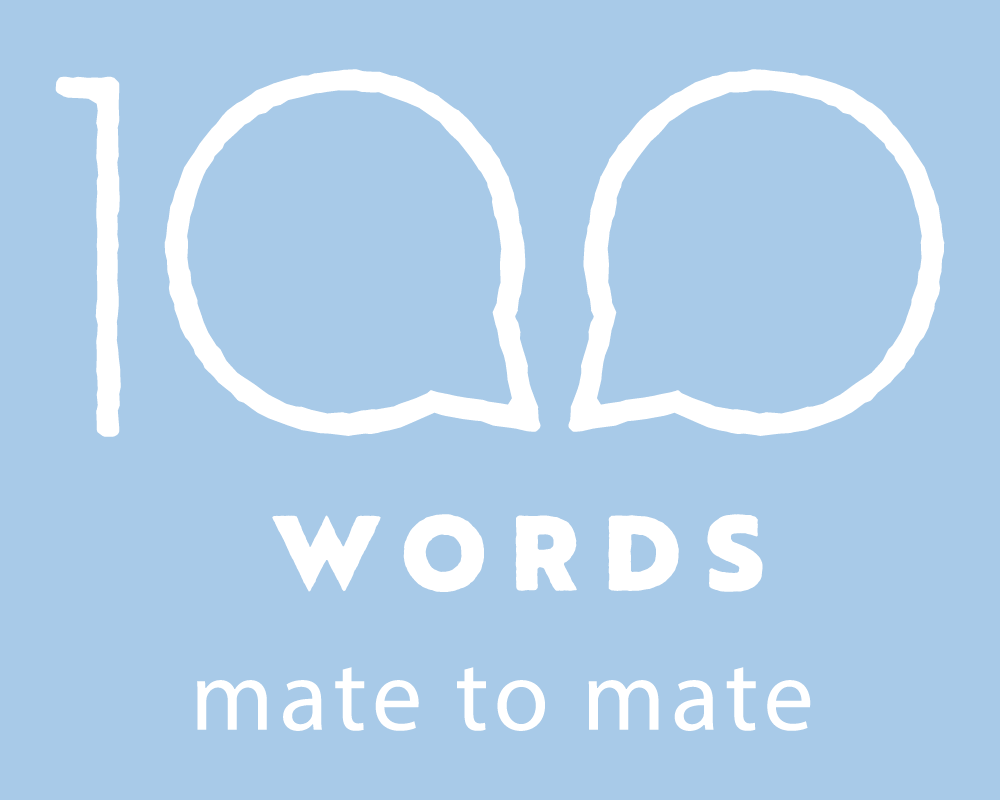June is Men's Mental Health Month: How to break the silence and seek support
June marks Men’s Mental Health Month, a crucial time to raise awareness about the mental health challenges faced by men and the importance of seeking help. In Australia, men are often reluctant to discuss their mental health, which can lead to severe consequences. According to the Australian Bureau of Statistics, suicide rates among men are more than three times higher than those for women, highlighting a dire need for change in how we address men’s mental health.
Understanding the Scope: Research and Case Studies in Australia
Research from the Black Dog Institute reveals that men are less likely to seek help for mental health issues due to societal expectations and the stigma surrounding mental illness. A study published in the Australian & New Zealand Journal of Psychiatry found that men often view mental health problems as a weakness, which prevents them from reaching out for support.
One case study that underscores these challenges involves a 35-year-old Australian man named John (pseudonym), who struggled with depression and anxiety for years before seeking help. John’s reluctance stemmed from his belief that he needed to be the "strong one" for his family. It wasn’t until a close friend encouraged him to seek professional help that he began his journey toward recovery. John's story is a powerful reminder that support from friends and family can be pivotal in overcoming mental health barriers.
How to Get Help: Resources and Strategies
If you or someone you know is struggling with mental health issues, it's essential to know that help is available. Here are some resources and strategies to consider:
Reach Out to Professional Services:
Beyond Blue: Offers 24/7 support through their helpline (1300 22 4636) and online chat services.
Lifeline: Provides crisis support and suicide prevention services (13 11 14).
Headspace: Specializes in youth mental health and offers various services both in-person and online.
Visit Your GP:
General practitioners can provide initial support, mental health assessments, and referrals to specialists such as psychologists or psychiatrists.
Online Mental Health Services:
MindSpot: An online clinic that offers free mental health assessment and treatment courses for Australians.
eheadspace: Provides free online and telephone support and counseling to young people aged 12 - 25 and their families and friends.
Self-Help Strategies: Taking Charge of Your Mental Health
In addition to seeking professional help, there are several strategies men can use to support their mental health:
Stay Connected:
Social connections are crucial for mental well-being. Make an effort to stay in touch with friends and family, even when you don’t feel like it.
Exercise Regularly:
Physical activity can significantly improve mental health by reducing stress, anxiety, and depression. Aim for at least 30 minutes of exercise most days of the week.
Practice Mindfulness and Meditation:
Techniques such as mindfulness and meditation can help reduce stress and improve overall mental health. Apps like Headspace and Smiling Mind offer guided meditation sessions.
Healthy Lifestyle Choices:
Eating a balanced diet, getting enough sleep, and avoiding excessive alcohol can positively impact your mental health.
Set Realistic Goals:
Setting and achieving small, realistic goals can give you a sense of purpose and accomplishment, which is beneficial for mental health.
Supporting Each Other: How to Help a Friend
If you notice a friend or family member struggling with their mental health, here’s how you can help:
Listen Without Judgement:
Encourage them to talk about their feelings and listen without interrupting or judging.
Offer Practical Support:
Help them with daily tasks if they’re feeling overwhelmed, such as running errands or preparing meals.
Encourage Professional Help:
Gently suggest that they seek professional help and offer to assist them in finding resources or making appointments.
Stay Connected:
Regular check-ins can make a big difference. Let them know you’re there for them and that they’re not alone.
Conclusion
Men’s Mental Health Month is an opportunity to break the silence surrounding mental health issues and encourage men to seek the support they need. By understanding the challenges, utilising available resources, and employing self-help strategies, we can make significant strides in improving men’s mental health in Australia and beyond.
Remember, reaching out for help is a sign of strength, not weakness. Let’s work together to create a supportive environment where everyone feels empowered to take charge of their mental health.
